
Commentaries | Feb 24,2024
May 6 , 2023
By Kaushik Basu
Achieving a prosperous, peaceful world requires stepping up efforts to meet climate goals and stem the increase in economic inequality within and between countries, argues Kaushik Basu, a professor of economics at Cornell University, in this commentary provided by Project Syndicate (PS).
The Spring Meetings of the World Bank and the International Monetary Fund (IMF) usually provide a platform for various organizations, policymakers, and commentators to reflect on the state of the global economy, offer assessments of the previous year’s developments, and forecast what lies ahead. This year’s meetings, which took place in Washington in April, were accompanied by grim predictions that underscored the growing likelihood of a prolonged global recession.
While many analysts previously assumed that the confluence of crises that the world has faced over the past three years – the COVID-19 pandemic, supply-chain disruptions, the war in Ukraine, and the resulting inflation crisis and financial turmoil – would have a significant but ultimately transitory effect on the global economy, new data suggest that the current economic upheaval will last longer than initially expected.
The IMF’s World Economic Outlook and Global Financial Stability Report suggest a difficult road ahead, warning that “the fog around the world economic outlook has thickened.”
The rapid succession of large interest-rate hikes by the US Federal Reserve and other major central banks has caused public and private sector debts to increase to their highest levels in decades, enhancing the risk of financial instability. The world’s advanced economies, which grew by 2.7pc in 2022, are projected to grow by just 1.3pc this year. While the IMF expects Asia’s emerging and developing economies to expand by 5.3pc in 2023 (compared to 4.4pc last year), India’s growth forecast has been revised to 5.9pc (compared to a 6.8pc growth rate in 2022).
A new book by the World Bank is even more pessimistic, warning that the global economy could be on the brink of a “lost decade.” Based on a comprehensive database of estimates of potential growth covering 173 countries, the authors project that annual global growth will fall to a three-decade low of 2.2pc and remain weak for the rest of the decade. While the wealthy may have the means to weather the storm, the same cannot be said for the world’s poor and lower-middle classes, who will be hit hardest by the coming downturn.
To comprehend the full ramifications of the current moment, we must look beyond the immediate consequences of COVID-19 and the war in Ukraine and confront underlying issues that have been festering for decades, including climate change and the social and political disruptions caused by rapid technological innovation. Navigating our way out of today’s “polycrisis” and restoring global growth, though possible, will be extremely challenging for two pivotal reasons.
As the World Bank report highlights, many countries are experiencing an alarming trend of declining investment. While fiscal and monetary policies certainly play a role, I believe that the root cause of weak investment is the increasing politicization of economic policy, which has fueled a widespread loss of trust in governments and undermined confidence in their ability to solve the problems that matter.
India is a case in point.
Since 2012, private-sector investment as a share of India`s GDP has steadily declined. The World Bank and other experts attribute this trend to political polarization and a growing lack of trust. While public investment has increased dramatically over the past decade, this can be a dangerous trend: When the government has disproportionate control over investment, it often leads to a surge in cronyism. Russia, where an oligarchy rapidly emerged by currying favours with political leaders in exchange for lucrative contracts and sweetheart privatization deals, offers a stark example.
Another challenge is that introducing any corrective policy would require a concerted, multi-country effort. The interconnectedness of global supply chains means that any disruption has widespread and powerful knock-on effects, and the growing use of economic sabotage as a war tactic underscores the urgency of multilateral cooperation on a treaty promoting the protection of economic assets.
Achieving a prosperous, peaceful world also requires stepping up efforts to meet climate goals and stem the increase in economic inequality within and between countries.
Owing to advances in digital technology and the globalization of supply chains, such challenges are beyond the reach of individual countries acting alone. Governments must coordinate their monetary, fiscal, and security policies to address these global issues. To be sure, this will not be easy. But the alternative – a future of sluggish growth, political instability, and environmental catastrophe – is too dire to contemplate.
PUBLISHED ON
May 06,2023 [ VOL
24 , NO
1201]


Commentaries | Feb 24,2024

View From Arada | Sep 27,2025

My Opinion | Jun 19,2021
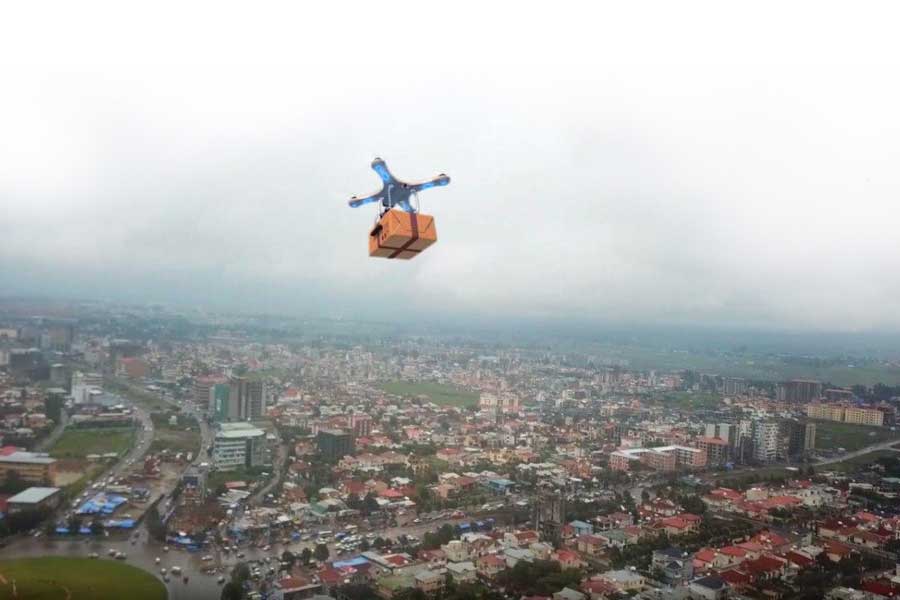
Featured | Oct 25,2020

Commentaries | Jan 07,2024
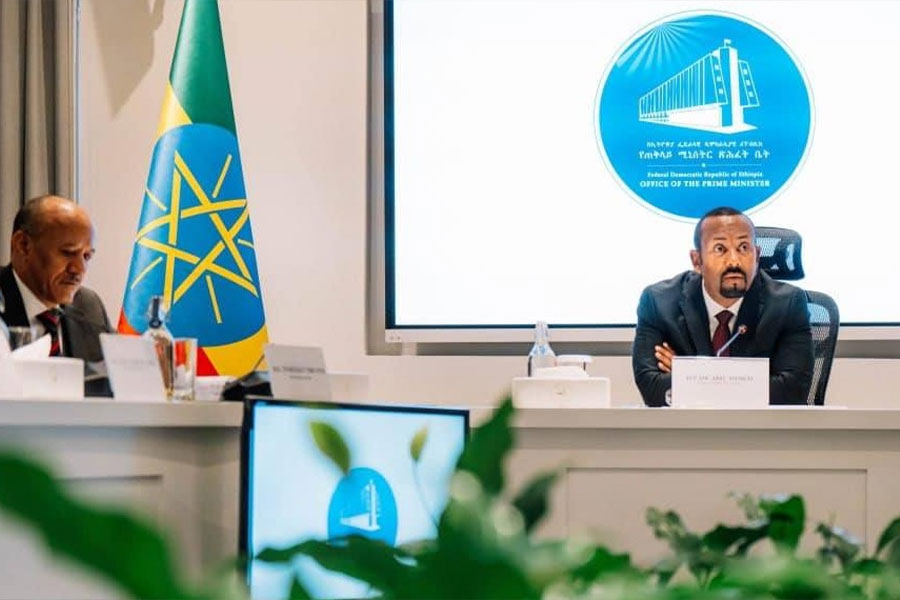
Radar | May 04,2025

Commentaries | Mar 11,2023
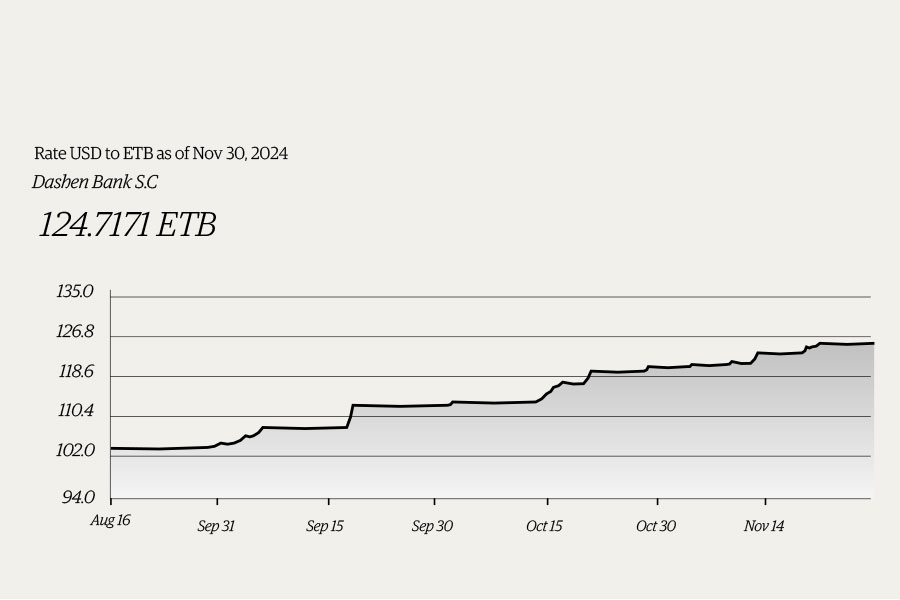
Money Market Watch | Dec 01,2024
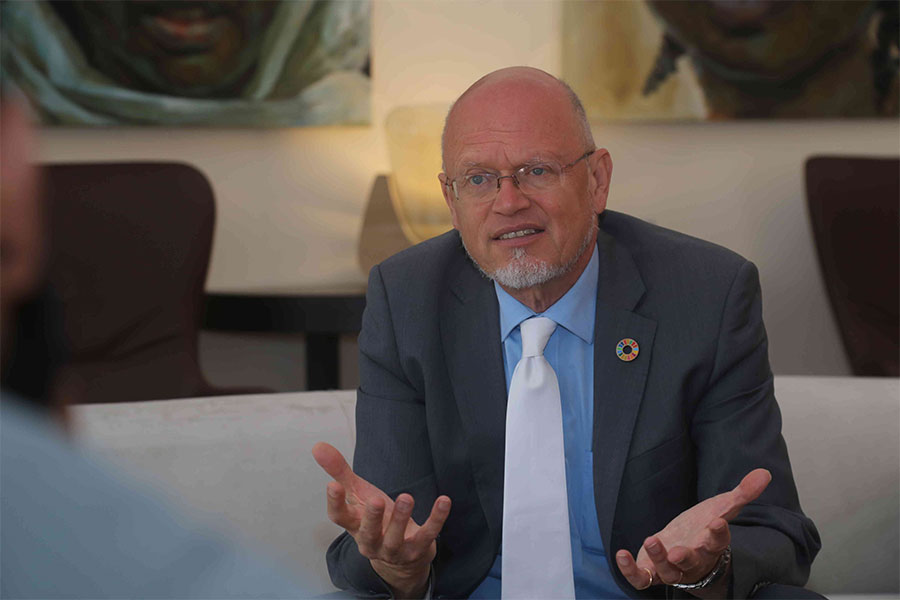
Exclusive Interviews | Apr 15,2023
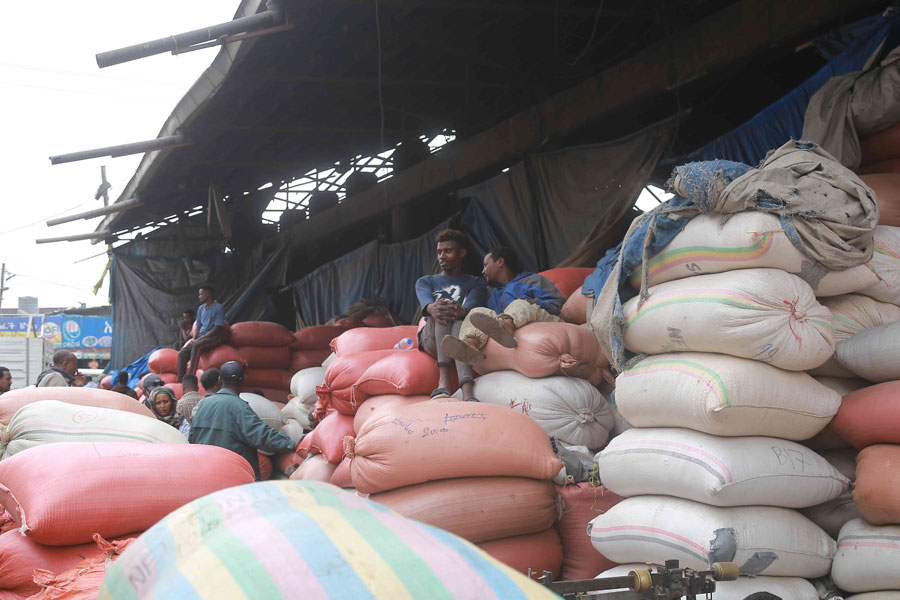
Agenda | Mar 04,2023

Photo Gallery | 180724 Views | May 06,2019

Photo Gallery | 170918 Views | Apr 26,2019

Photo Gallery | 162012 Views | Oct 06,2021

My Opinion | 137309 Views | Aug 14,2021

Dec 22 , 2024 . By TIZITA SHEWAFERAW
Charged with transforming colossal state-owned enterprises into modern and competitiv...

Aug 18 , 2024 . By AKSAH ITALO
Although predictable Yonas Zerihun's job in the ride-hailing service is not immune to...

Jul 28 , 2024 . By TIZITA SHEWAFERAW
Unhabitual, perhaps too many, Samuel Gebreyohannes, 38, used to occasionally enjoy a couple of beers at breakfast. However, he recently swit...

Jul 13 , 2024 . By AKSAH ITALO
Investors who rely on tractors, trucks, and field vehicles for commuting, transporting commodities, and f...

Nov 1 , 2025
The National Bank of Ethiopia (NBE) issued a statement two weeks ago that appeared to...

Oct 25 , 2025
The regulatory machinery is on overdrive. In only two years, no fewer than 35 new pro...

Oct 18 , 2025
The political establishment, notably the ruling party and its top brass, has become p...

Oct 11 , 2025
Ladislas Farago, a roving Associated Press (AP) correspondent, arrived in Ethiopia in...

Nov 2 , 2025
The National Bank of Ethiopia (NBE) has scrapped the credit-growth ceiling that had s...

Nov 2 , 2025 . By SURAFEL MULUGETA
The burgeoning data mining industry is struggling with mounting concerns following th...

Nov 2 , 2025 . By YITBAREK GETACHEW
Berhan Bank has chosen a different route in its pursuit of a new headquarters, opting for a transitional building instea...

Nov 2 , 2025 . By BEZAWIT HULUAGER
Nib International Bank S.C. has found itself at the epicentre of a severe governance...